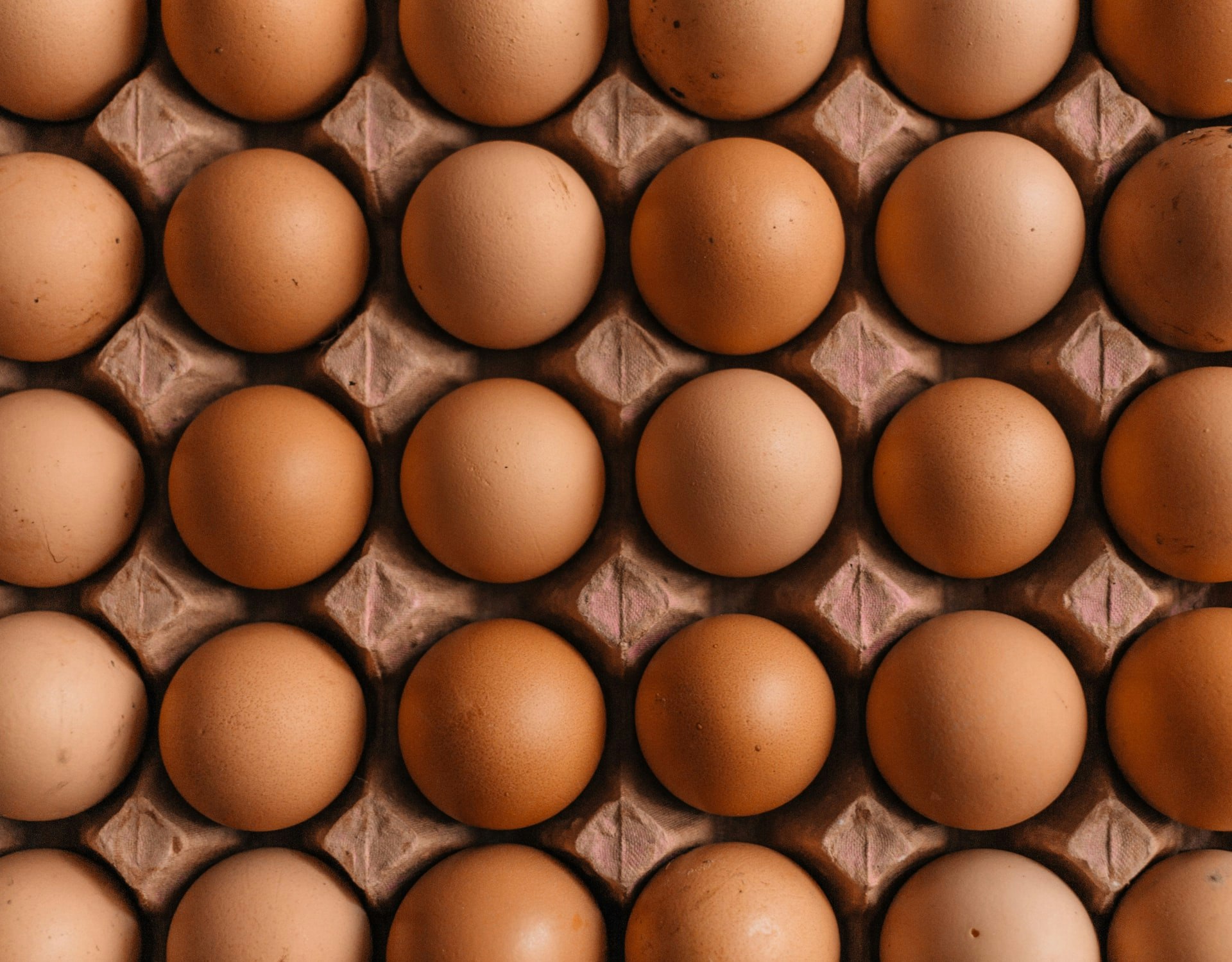Cancer Surgery and Protein: Nutrition Series Pt. 3
Jan 28, 2022
Share

Each Tuesday in January our Director of Nutrition, Rachel Spencer, RDN, will host a class on an aspect of Cancer Nutrition. This week’s session discussed protein needs and nutrition for oncology surgery recovery – below is a summary of what she discussed.
What is protein?
Protein is one of three macronutrients in our diet, along with carbohydrates and fat. It is an important component of a healthy diet; we need protein to build muscle, maintain our immune system, and heal after an injury. It is found in animal foods, such as chicken and fish, as well as plant foods like soy, beans, and lentils. Older adults especially need to make sure they are eating adequate protein, as their requirements are higher than younger folks. Aim for eating 15-30 grams of protein in a sitting to ensure you’re hitting muscle preserving targets. This is about as much as a piece of chicken the size of a deck of cards, a protein shake, or a cup of black beans.
How much protein should I eat before and after surgery?
When preparing for surgery, it is important to make sure you are in the fittest, most nourished condition to best heal and recover. This especially applies to protein, as any cut through your body needs protein to heal those damaged tissues. Aim for three large protein servings a day or 5 smaller portions – keep it simple by just increasing the size of your chicken breast, or add in more beans or lentils to the tacos you make. Greek yogurt and string cheese are very high protein and make a wonderful snack.
After surgery, ramp it up more if possible and try to avoid eating starchy foods or fruits and veggie alone – always add hummus or cheese to crackers, use ultra-filtered milk in your cereal or oatmeal, and apples and bananas should be eaten with nut or seed butter. Your care team or Registered Dietitian will tell you if it is appropriate to add a protein shake or powder to your diet, and find one that you enjoy the taste of.
What protein shakes are best?
There are hundreds of protein shakes on the market under dozens of brands, and it can be really hard to know which one to choose. The most important thing to learn is ‘can I see myself drinking this every day?’ Research shows that Whey Protein is best for muscle gains, and Pea are best if you are following a plant based diet. Look for a shake with 20-25grams of protein, and minimal added sugar. Try not to use shakes as a replacement for a meal unless you are battling a very low appetite, instead use them as a balanced snack between meals.
You can absolutely drink a variety of shakes, but best prices are obtained by bulk pricing. Protein powders that you mix yourself can be even more affordable. Most companies have coupons or deals online, and store brand versions are available though the flavors are often not quite as good as name-brand products.
What other foods are good for recovery from surgery?
Depending on where your surgery was, nutrition needs can vary greatly. After an intestinal surgery, you may need to reduce the amount of fiber in your diet for a period of time to allow healing. Stomach surgery could lead to advise of sticking closely to a small, frequent meal pattern or if you had a throat surgery you could be advised to have a modified texture diet such as liquid, soft, or puree. Getting the widest variety of foods possible is key no matter what kind of surgery you had, while staying within your cancer care team’s recommendations.
What vitamins are essential for healing?
Vitamin C, Vitamin A, Vitamin E and Zinc are some of the most important to wound healing and surgical recovery. Generally speaking, it is recommended to get all of your vitamins and minerals from foods which you eat rather than taking a pill. This is because there are many properties in foods, such as phytochemicals and antioxidants, which are not contained in vitamins. Good food sources of these vitamins fall in line with the anti-inflammatory diet, including brightly colored fruits and vegetables, nuts and seeds, and lean proteins including chicken and fish. That being said, if you have a poor appetite, vomiting or diarrhea, or absorption issues, vitamin tablets may be appropriate for you but please speak with your care team before starting them.
Preparing for and recovering from surgery is nutritionally no small task. By working closely with your cancer care specialists or the Registered Dietitians at Oncopower, you can ensure that you are on the right track to staying as fit and healthy as possible during this stressful time. Join our community at OncoPower to get personalized advise on any cancer-topic.
This is not intended as medical advice and should not be taken as such; be sure to discuss any medical treatments with your doctor before implementing.
Trusted by cancer patients around the world.
Joan-Smith
Virginia, United States
ChuckHastings
Florida, United States
DebraPearl
Pennsylvania, United States
Jennweeks
Iowa , United States
PatrickDW
Western Cape, South Africa
Jamie-Alexander
Floroda United States
CJ
Liz
Florida, United States
NYCynthia
New York, United States
Ferdi
California, United States